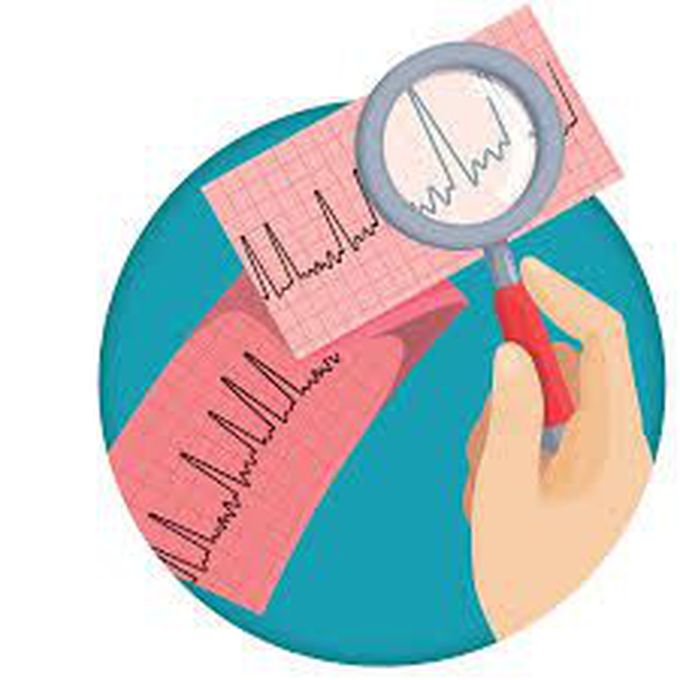

Hunainover 3 years ago

What is atrial fibrillation?
Atrial fibrillation (A-fib) is an irregular and often very rapid heart rhythm (arrhythmia) that can lead to blood clots in the heart. A-fib increases the risk of stroke, heart failure and other heart-related complications. During atrial fibrillation, the heart's upper chambers (the atria) beat chaotically and irregularly — out of sync with the lower chambers (the ventricles) of the heart. For many people, A-fib may have no symptoms. However, A-fib may cause a fast, pounding heartbeat (palpitations), shortness of breath or weakness.
Other commentsSign in to post comments. You don't have an account? Sign up now!

